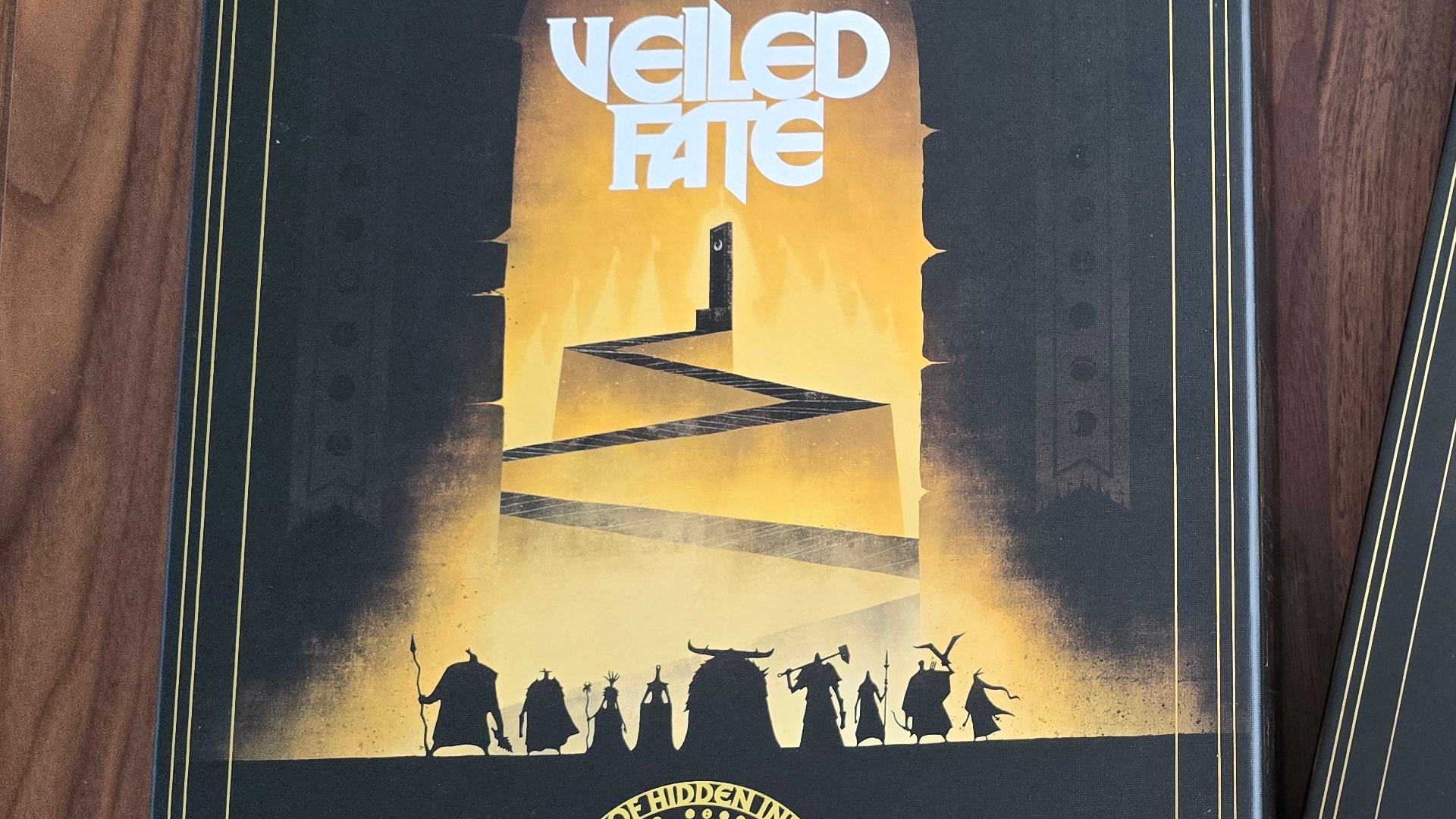Gaming heroes you didn't realize were dead the whole time
"All worthy work is open to interpretations the author did not intend. Art isn't your pet - it's your kid. It grows up and talks back to you."
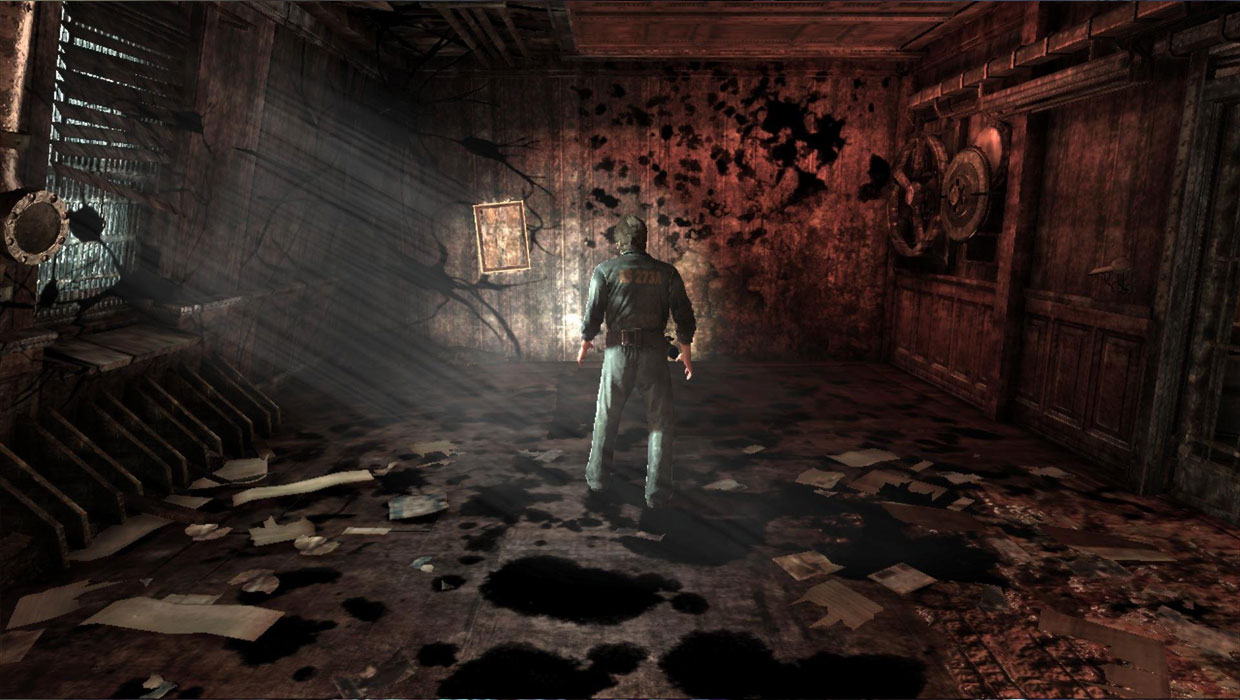
You can thank Joss Whedon for that quote. Have you ever played a game that felt a little odd? A game where, even by its own standards, what you were seeing and doing seemed weird? Maybe that's because the journey you thought you were on - stop the bad guy, save the world - isn't the whole story. Sometimes, all that world-saving business is just a thin veneer pulled across something much more personal.
Join me as I read between the lines of a few popular games and reveal the somber truths hiding within. The result is a collection of heroes that are either dead, dying, or somewhere in between. Their final journeys are of personal reflection and acceptance of one's own mortality in the face of the inevitable. Well, except for the TEKKEN one. That one is about throwing your offspring out an airlock, but more on that later. Instead, let's start with a more sober example.
Squall (Final Fantasy 8)
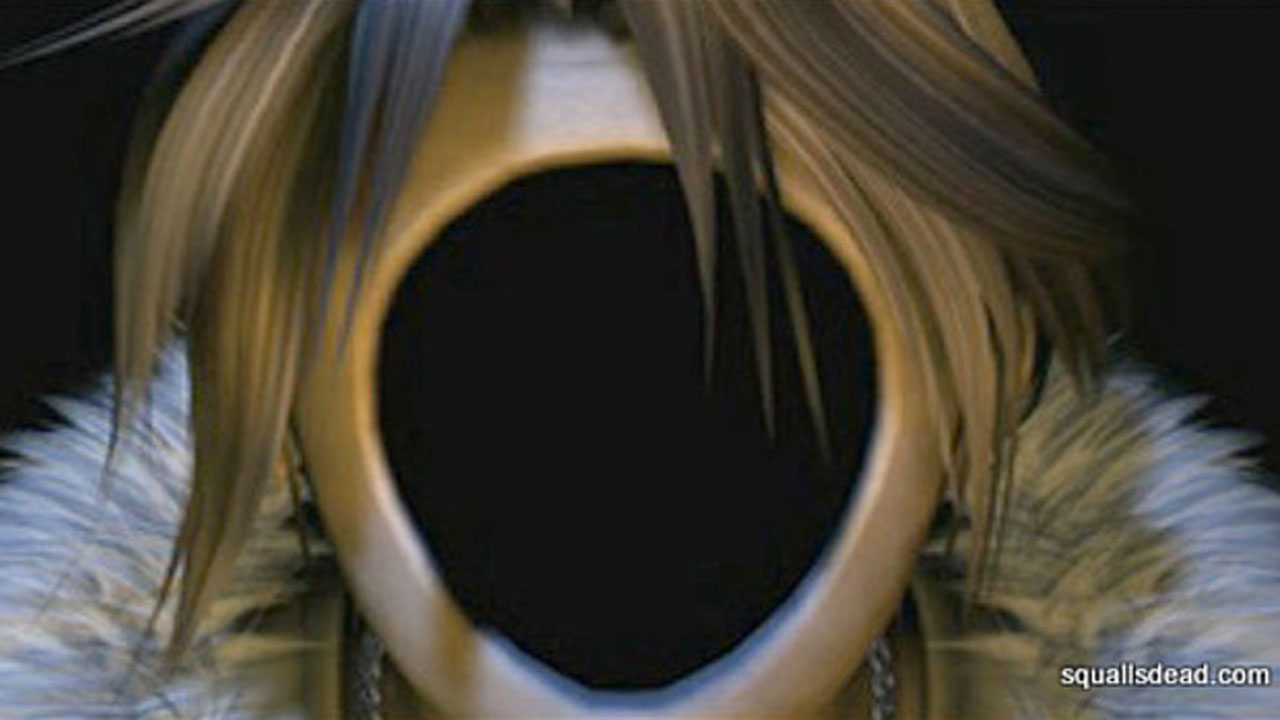
The Evidence: This meticulously researched theory proposes that Squall died after the events of disk one in Final Fantasy 8. I mean, the poor guy DID take a massive ice shard to the chest after a failed assassination attempt on a sorceress. No amount of Phoenix Down is going to make that okay. And yet, at the start of disk two, we find Squall waking up without a scratch, the hole in his chest miraculously healed and never mentioned again.
The Implication: Everything that happens after disk one is Squall's dying dream, a sort of 'What if?' scenario invented by his subconscious as it eases him into oblivion. This helps explain the flying military schools, the moon "crying" monsters, and the other oddities that cropped up in a game that had felt relatively grounded (for a Final Fantasy game). This would also account for Squall's struggle to picture Rinoa's face at the end: his brain is shutting down. The dream is ending.
Link (Majora's Mask)
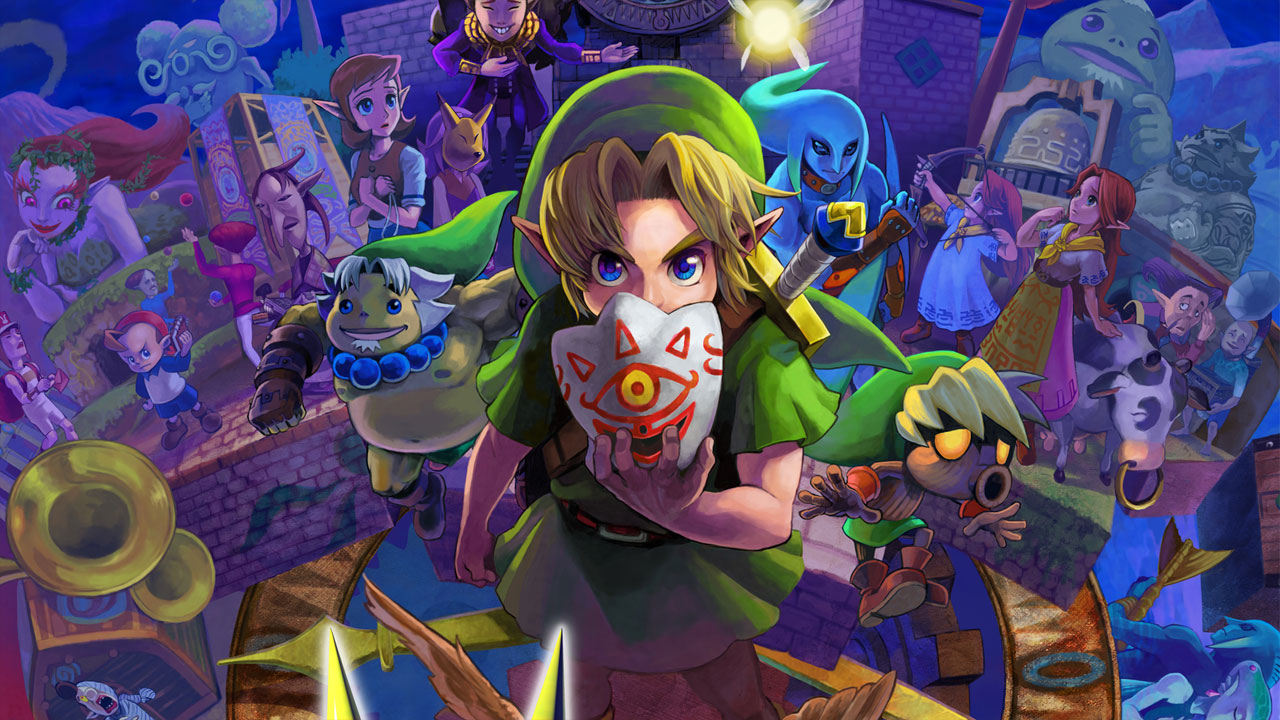
The Evidence: The popular version of this theory states that Majora's Mask is actually Link coping with the loss of his (extremely annoying) friend, Navi. The game's five regions represent the five stages of grief: denial, anger, bargaining, depression, and acceptance. The citizens of Clock Town are in denial about the moon falling, Woodfall's Deku King is angry at that adorable monkey, and so on. YouTube channel The Game Theorists takes this a step further by positing that this journey is actually about Link coping with his OWN death. Talk about your Shyamalanian twist.
The Implication: According to The Game Theorists, Link's death at the beginning of Majora would mean that Termina - the region in which Majora takes place - is actually a limbo-like state that exists beyond Hyrule proper. This would also account for the doomsday moon-crashing-into-the-planet scenario that apparently no one in Hyrule knew anything about. Plus, the place is freaking called Termina. I mean, that's not even TRYING to be subtle.
Travis Touchdown (No More Heroes)
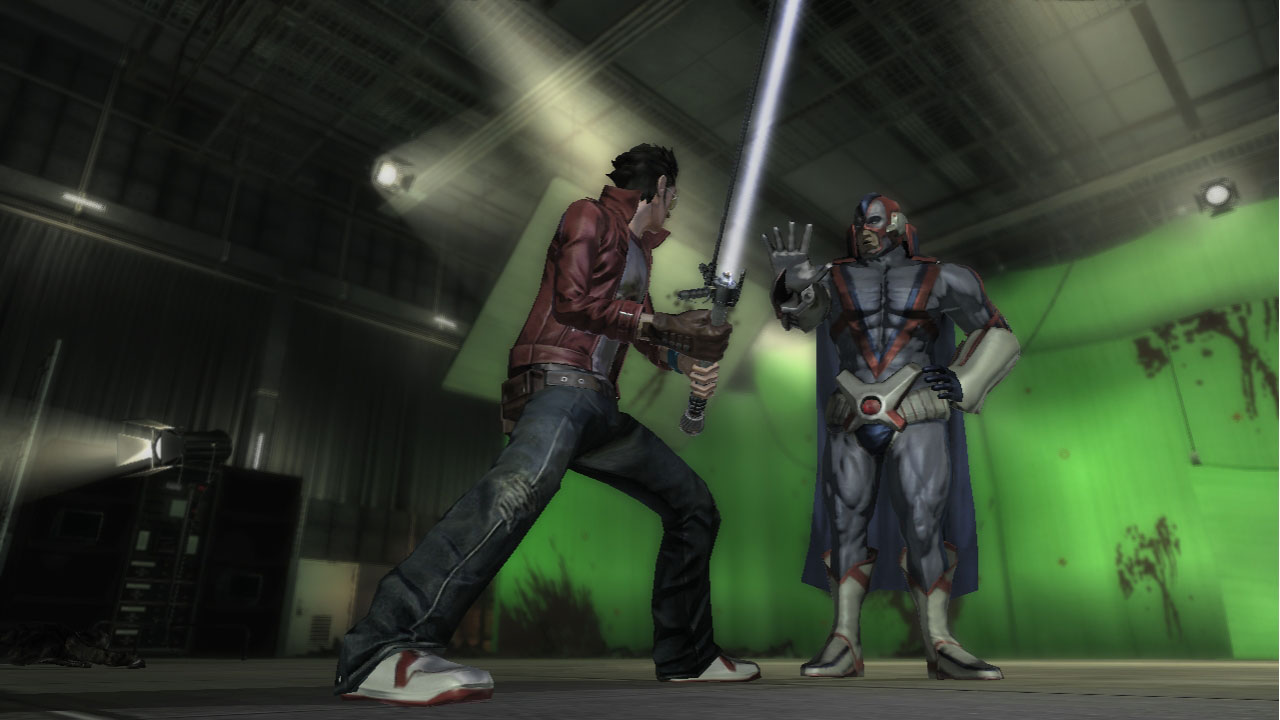
The Evidence: During the first boss fight against Death Metal, Travis has this internal monologue running about his dream life: hot babes, fast cars, and so on. However, it takes a dark turn when he suddenly starting babbling about finding an "exit to paradise." He continues with "something deeper deeper than my instincts is taunting me." and finally starts repeating "Can't find the exit." over and over. Jump ahead to the end of the game, during the final super-secret boss fight with Henry, and Travis once again starts going off about finding "that exit they call paradise."
Weekly digests, tales from the communities you love, and more
The Implication: The thing is, Travis never found that exit, and he likely never will. There are some really interesting theories about what's really going on behind the scenes in No More Heroes, but it seems Travis Touchdown knows - to a limited degree - that he's caught in a loop. He kills the assassins, and the game starts over. He kills the assassins, and the game starts over. He'll never escape this personal purgatory, forever running in circles.
Heihachi Mishima (TEKKEN)
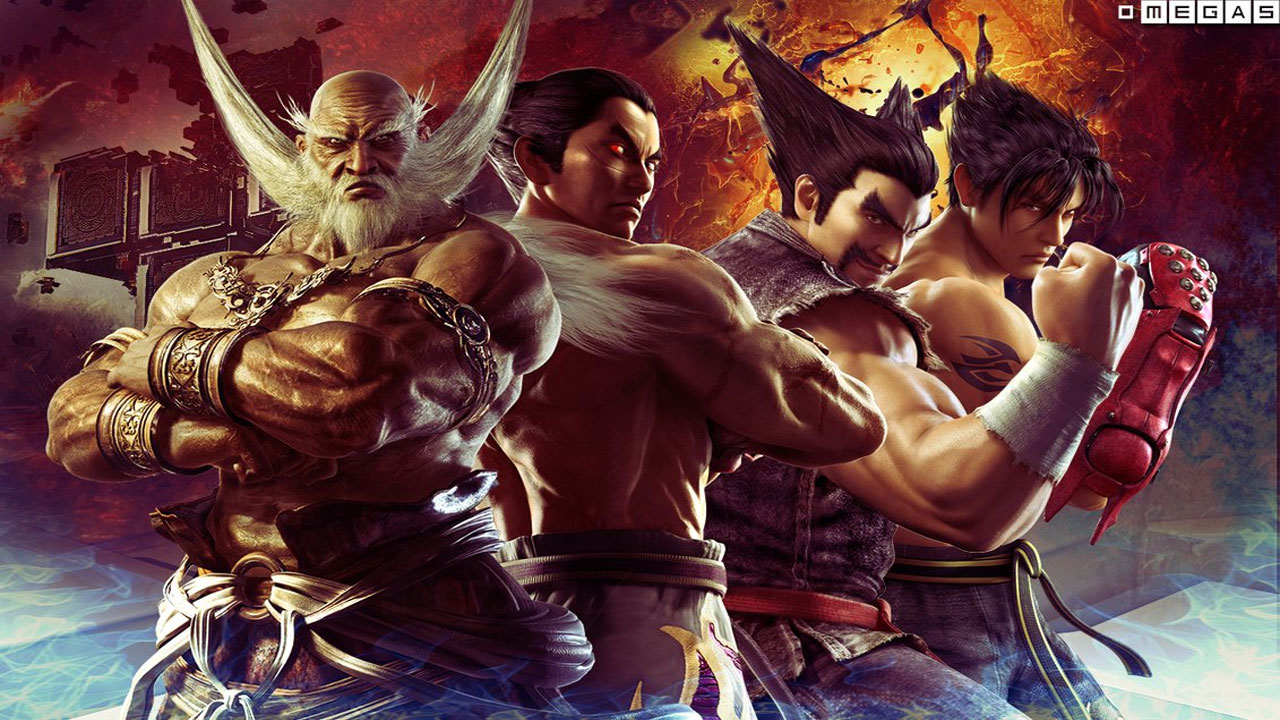
The Evidence: TEKKEN 5 flat out states "Heihachi Mishima is dead." in the opening, so I guess we're done here. Okay, sure, we DO see him again in TEKKEN 6 - but there's a good reason for that. Let's look at the facts: Heihachi is a key part of TEKKEN's plot through TEKKEN 4, hosting three out of the four tournaments. He is then killed in an ambush at Honmaru by JACK robots, and is never seen again in Jin Kazama's storyline (Jin being the canonical winner of TEKKEN 5). In TEKKEN 6, Heihachi's prologue states he was unconscious throughout the entire fifth tournament, but considering that story ends with him throwing his offspring into space this likely isn't the canonical ending.
The Implication: Heihachi Mishima did, in fact, die at Honmaru that night. TEKKEN 6's Heihachi is something different. Perhaps he is a man entirely possessed by Devil, who Heihachi would have welcomed in the face of death (doubly so after discovering he lacked the powerful Devil Gene). Plus, this sort of thing has happened before. And don't forget, in the TEKKEN 7 trailer, Kazumi states "Heihachi is more powerful than you realize." Perhaps she knew Heihachi - who has been the catalyst for Devil's influence spreading to his father, son, and grandson - could be the perfect host for this ultimate evil.
Image source
Alan Wake (Alan Wake)
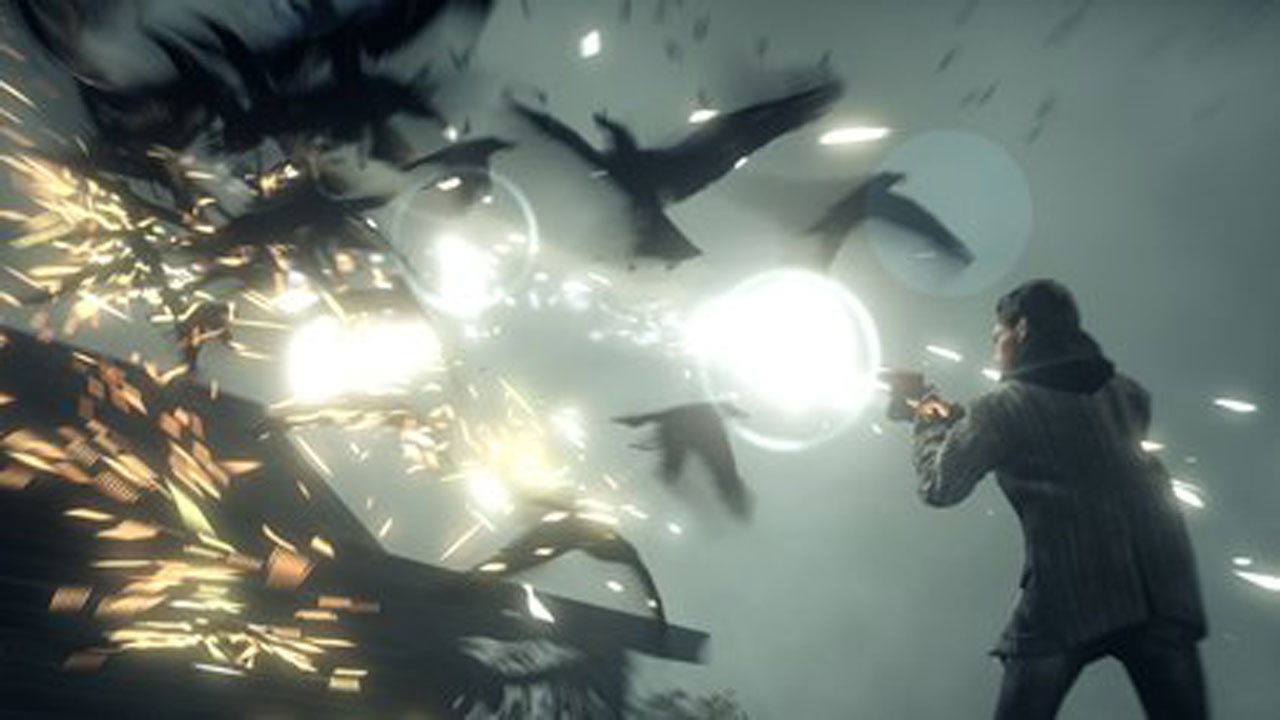
The Evidence: Alan Wake is an ordinary man thrust into an extraordinary situation. He travels to the sleepy town of Bright Falls with his wife, Alice, for some rest and relaxation (which will hopefully cure his writer's block). Tragically, not long into their stay, Alice falls into Cauldron Lake and (presumably) drowns. Alan dives in after her, blacks out in the process, and comes to sometime later after a minor car crash.
The Implication: Alan Wake didn't survive that car crash - or (more likely) drowned - and the events that followed were all a dying dream (an American Nightmare, if you will). He is tormented by Alice's death, which prevents him resting in his grave, and invents a complex plot involving sentient darkness and the power of creativity. The more rational parts of his psyche - manifesting as, say, Dr. Hartman - try to dissuade Alan's madness, but the struggle endures. Plus, the whole game IS about heading towards the light, which should really tell you everything you need to know.
Sonic (Sonic Generations)
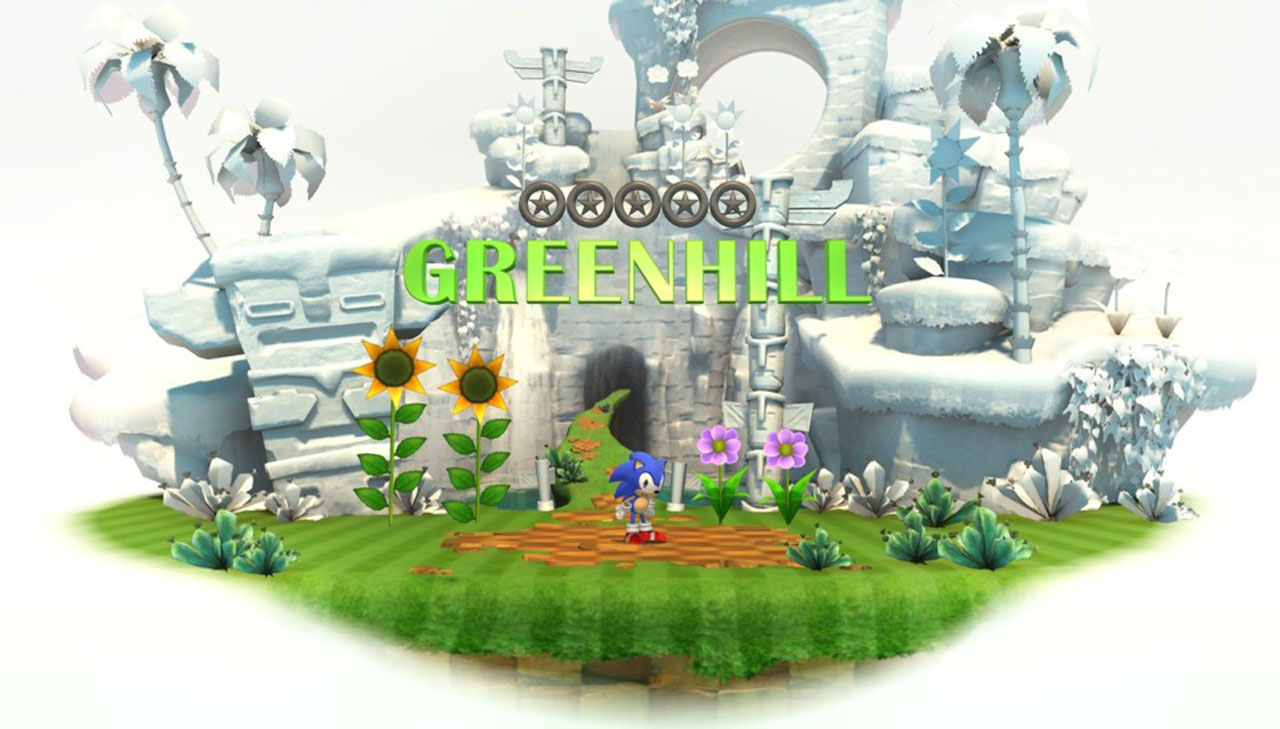
The Evidence: At the start of Sonic Generations, the blue blur is knocked unconscious after mysterious figure that looks like Death suddenly appears and ruins his lame birthday party. Sonic awakes in a mysterious, monochrome world filled with fractured memories of his past. His friends, rivals, and enemies are all there, including younger versions of himself and Tails. At first, they think they're "traveling through time and space" however that is later revised to being stuck in "this weird, white limbo." Limbo, you say? To recap: we have a creature that looks like the Reaper transporting Sonic to a limbo-like world where his life plays out before his eyes. You know when stuff like this happens? When someone's freaking dead.
The Implication: Maybe Sonic really did die at the beginning of Generations. Hell, given the quality of his latter-day games, he might have been dead inside for years. Point being, the reaper has finally caught up with him, and Generations is his last chance to relive the glory days and bid farewell to friend and foe alike. Why else would Sega feel the need to create a whole new, sports-tape-clad version of Sonic afterwards?
Continue?
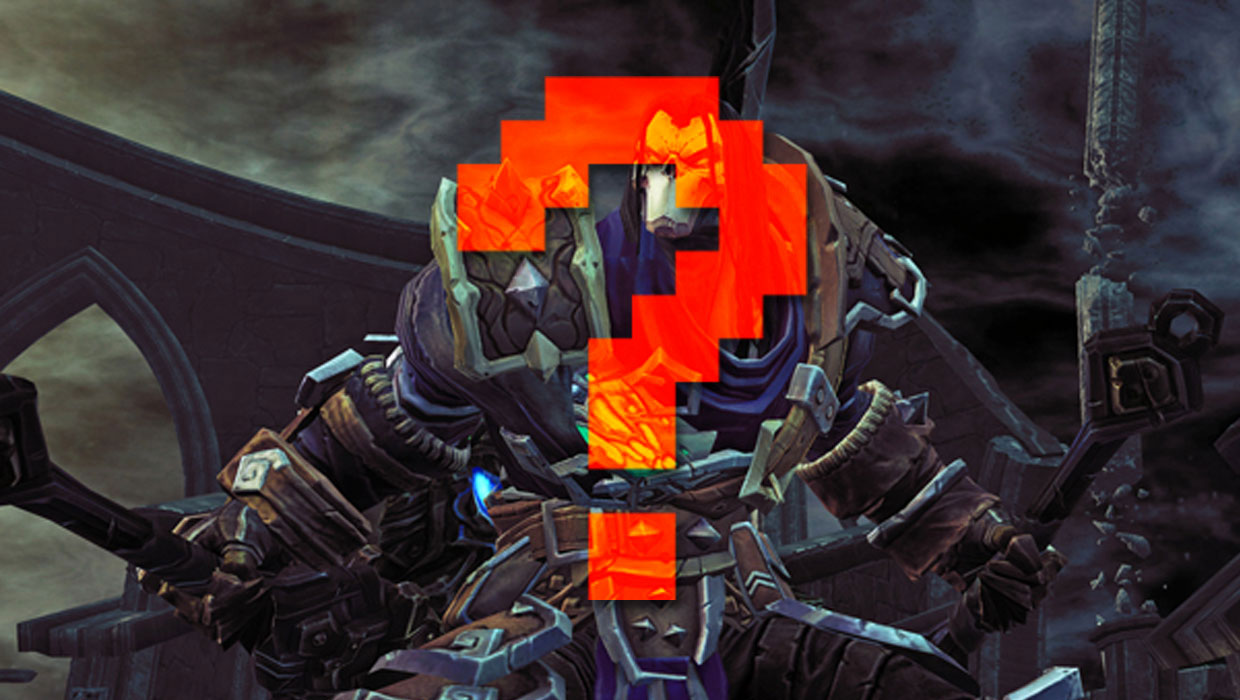
Of course, these are all just theories, some of which are better argued than others. Now the big question is: are there any big ones we missed? And I'm not talking about games where it's OBVIOUS you're playing as a dead person. No no no, you really have to try and fit a square peg into a round hole with this one. Think outside the box, and you might start seeing your favorite games in a new light.
And for more fun theories, be sure to check out 9 theories that transform two characters into the same person and The Top 7 Gaming theories we actually want to believe.

